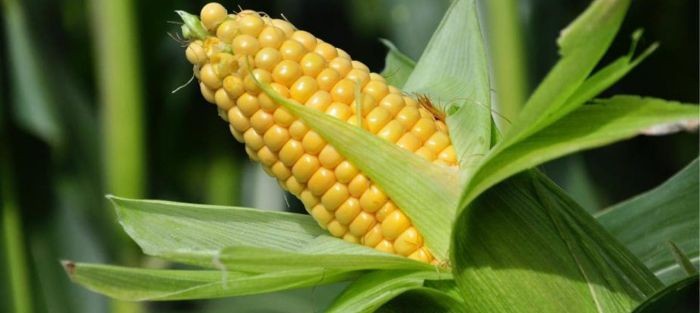(3 Minutes Read)
Rwanda is set to begin piloting three genetically modified (GM) crops—cassava, Irish potato, and maize—on selected farmers’ fields by December 2025, according to the Rwanda Agriculture and Animal Resources Development Board (RAB). This initiative aims to assess the crops’ performance ahead of potential nationwide adoption.
These biotech crops were developed through genetic modification, enabling them to exhibit traits such as disease resistance, insect resistance, and drought tolerance—factors that are increasingly critical in the face of pest outbreaks and climate change. The project aligns with Rwanda’s broader strategy to adopt agricultural biotechnology in order to improve crop resilience and reduce input costs.
The pilot will be conducted on farms located in regions where these crops are already widely cultivated. According to Dr. Athanase Nduwumuremyi, National Coordinator of the Open Forum on Agricultural Biotechnology in Africa (OFAB) – Rwanda Chapter, planting is tentatively scheduled between September and December 2025, pending approval from the Rwanda Environment Management Authority (REMA).
The cassava and Irish potato varieties have already undergone confined field trials in districts including Huye, Nyanza, Bugesera, and Musanze. These trials demonstrated resistance to devastating diseases such as cassava brown streak disease, cassava mosaic disease, and late blight—a major challenge for Irish potato farmers.
Rwanda is also preparing to introduce TELA maize, a GM maize variety that has already been adopted in countries such as South Africa and Nigeria. It is engineered to resist stem borer and fall armyworm, and to withstand drought. As it has passed regulatory requirements elsewhere, Rwanda plans to fast-track its pilot phase without repeating confined field trials.
Dr. Nduwumuremyi noted that this could significantly reduce the country’s dependence on chemical pesticides, saving resources and easing the burden on farmers. Notably, farmers will not incur costs for biotech seeds during the pilot phase, and, if approved for full deployment, the seeds will be priced comparably to conventional varieties.
Read Also;
https://trendsnafrica.com/rwanda-develops-gm-banana-varieties-resistant-to-deadly-diseases/
Local farmers have expressed hope that these biotech solutions will address persistent crop diseases. Marie Thérèse Uzamukunda, a potato farmer from Rubavu District, highlighted the high cost of pesticides used to combat late blight, stating that without their application, yields are nearly impossible.
To address public concerns, the Minister of Agriculture and Animal Resources, Dr. Mark Cyubahiro Bagabe, emphasised the safety of GM technology, noting that genetically modified foods have been part of the global food system for over 30 years.





